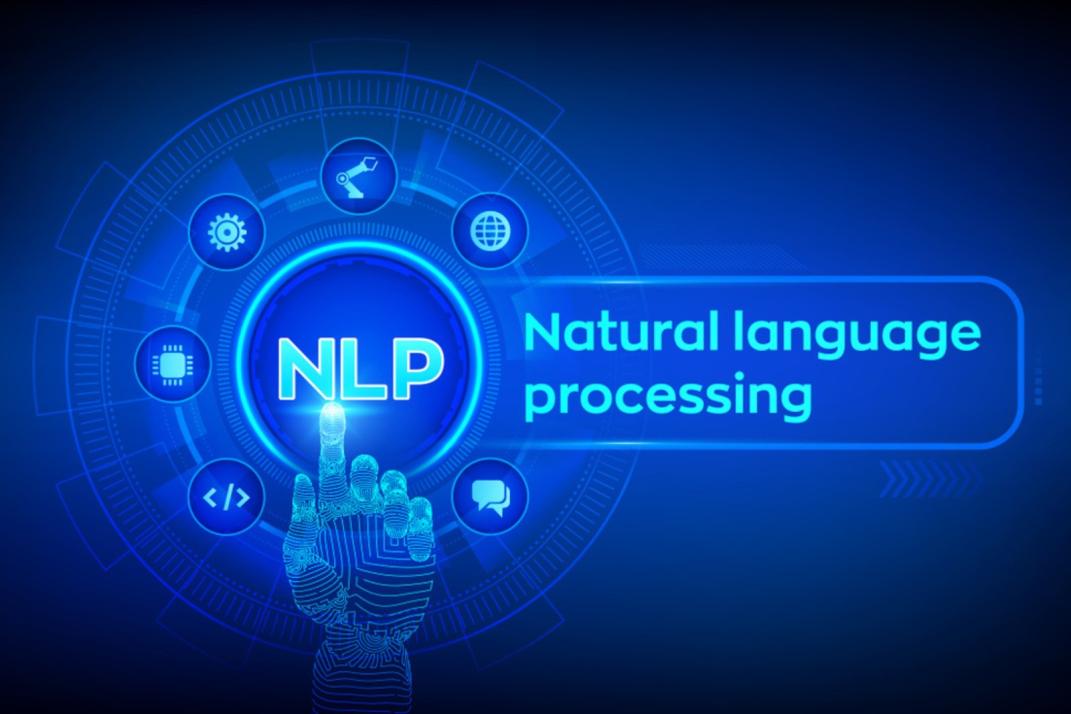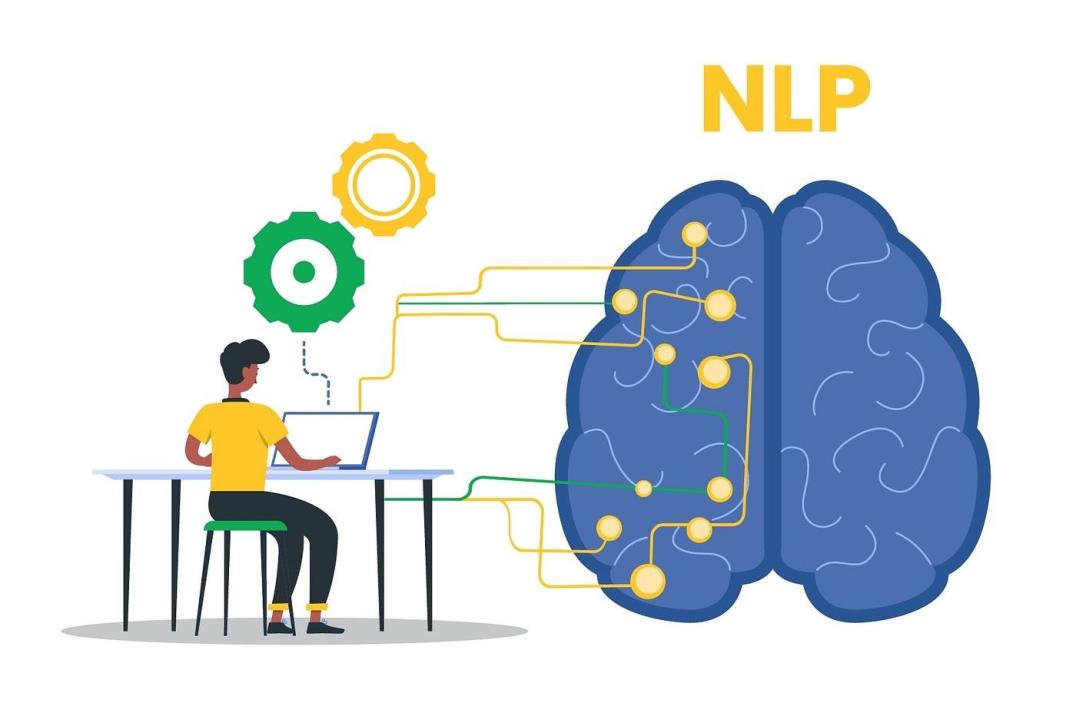Ethical Implications of AI for Language Processing
Artificial intelligence (AI) for language processing (NLP) has revolutionized the way we interact with technology, enabling tasks such as natural language understanding, machine translation, and text summarization. However, the use of AI for NLP also raises a number of ethical concerns that need to be carefully considered.

Ethical Implications Of AI For NLP
Bias And Discrimination
AI systems for NLP can inherit and amplify biases present in the data they are trained on. This can lead to biased decision-making and outcomes, particularly when the AI system is used in applications such as hiring, lending, or healthcare.
- For example, an AI system trained on a dataset that contains gender or racial biases may make unfair or discriminatory decisions.
- This can have significant consequences for individuals who are denied opportunities or resources due to biased AI systems.
Privacy And Data Security
The use of AI for NLP often involves the collection and use of personal data. This raises concerns about privacy and data security.
- It is important to obtain informed consent from individuals before collecting and using their personal data for NLP tasks.
- AI systems should be designed to protect the privacy of individuals and prevent unauthorized access to sensitive information.
Transparency And Explainability
AI systems for NLP are often complex and difficult to understand. This lack of transparency and explainability can make it difficult to identify and address biases or errors in the system.
- It is important to develop AI systems that are transparent and explainable, so that users can understand how the system works and why it makes certain decisions.
- This can help to build trust in AI systems and mitigate the risk of ethical issues.
Accountability And Responsibility

The use of AI for NLP raises questions about who is responsible for the actions of AI systems. This is particularly important in cases where AI systems make decisions that have a significant impact on individuals.
- It is important to establish clear guidelines and regulations to ensure accountability for the actions of AI systems.
- This includes identifying who is responsible for developing, deploying, and monitoring AI systems, as well as who is liable for any harms caused by AI systems.
Human Values And Ethical Considerations
When developing and deploying AI systems for NLP, it is important to consider human values and ethical principles.
- AI systems should be designed to align with human values and ethical considerations, such as fairness, justice, and privacy.
- This can help to ensure that AI systems are used for good and not for harm.
Mitigating The Ethical Implications

There are a number of steps that can be taken to mitigate the ethical implications of using AI for NLP.
Data Collection And Preprocessing
- It is important to collect diverse and unbiased data for training AI systems for NLP.
- Techniques such as data augmentation and resampling can be used to mitigate bias in data preprocessing.
Algorithmic Fairness And Bias Mitigation
- Algorithmic fairness and bias mitigation techniques can be used to reduce bias in AI systems for NLP.
- These techniques can be applied to various NLP tasks, such as text classification, sentiment analysis, and machine translation.
Transparency And Explainability Techniques
- Various techniques can be used to make AI systems for NLP more transparent and explainable.
- These techniques include visualization, feature importance analysis, and counterfactual explanations.
Ethical Guidelines And Regulations
- There is a need for ethical guidelines and regulations for AI for NLP.
- Existing guidelines and regulations, such as the European Union's General Data Protection Regulation (GDPR), provide a starting point for developing ethical frameworks for AI for NLP.
The use of AI for NLP raises a number of ethical concerns that need to be carefully considered. These concerns include bias and discrimination, privacy and data security, transparency and explainability, accountability and responsibility, and human values and ethical considerations.
There are a number of steps that can be taken to mitigate these ethical implications, including collecting diverse and unbiased data, using algorithmic fairness and bias mitigation techniques, developing transparent and explainable AI systems, and establishing ethical guidelines and regulations.
By addressing these ethical concerns, we can help to ensure that AI for NLP is used for good and not for harm.
YesNo

Leave a Reply